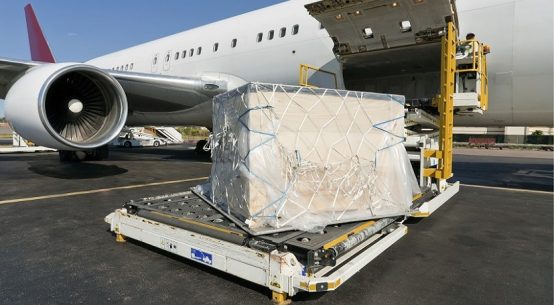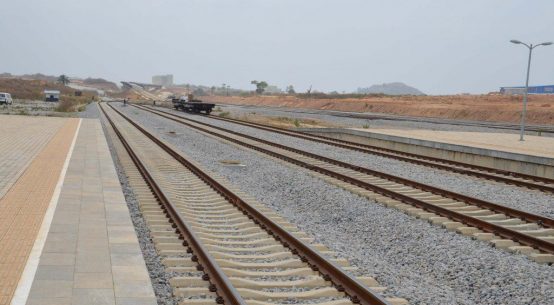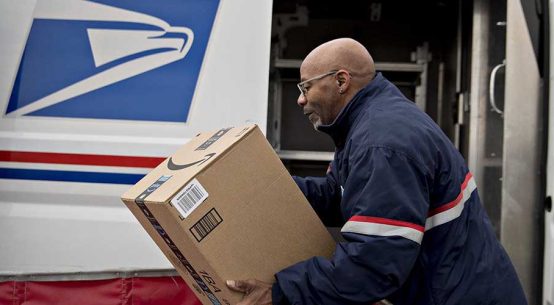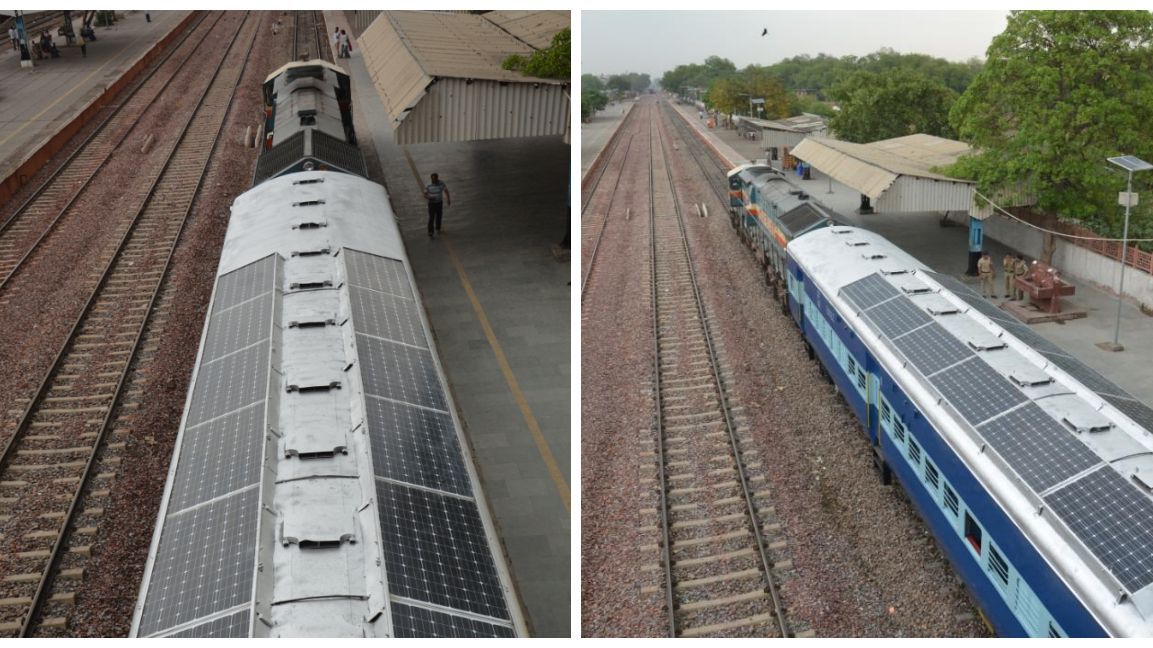
Coach are now powered by Solar Panels for supplying power to the Lights, fans, Air Conditioners, charging points
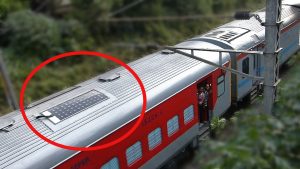
India has launched solar-powered trains that will save around 21,000 litres of diesel every year. The train left Safdarjung Station in south Delhi pulling six carriages topped with PV panels to meet the needs of its electrical systems with clean energy.
The solar-powered train was launched on July 14th, rooftop solar panels have been installed to power the lights, fans, and information display systems inside passenger coaches. Although the train will still be pulled by a diesel-powered locomotive, a set of 16 solar panels atop each coach will replace the diesel generators that typically power these appliances.
The project is part of an effort by Indian Railways to reduce the carbon footprint of its diesel-reliant train network, a plan that includes the building of five 1,000 MW solar plants over the next 5 years, as well as making use of bio fuels and wind energy, installing bio-toilets, and recycling water.
The rooftop solar system was developed by Noida-based Jakson Engineers, under the direction of the Indian Railways Organisation for Alternate Fuels (IROAF). “It is not an easy task to fit solar panels on the roof of train coaches that run at a speed of 80 km per hour. Our engineering skills were put to a real test during the execution of this rooftop solar project for Indian Railways,” Sundeep Gupta, vice-chairman and managing director of Jakson Engineers told the Business Standard newspaper.
Established in 2008, the IROAF initially focused on bio-diesel and compressed natural gas (CNG) to help diversify Indian Railways’ fuel mix, before looking at solar.
Indian Railways has ambitious plans for solar. By 2020, the state-run transportation network plans to generate around 1,000 megawatts (MW) of solar power, which could be scaled up to 5,000 MW by 2025. These numbers are not only significant for the railways, given that it’ll help bring down the fuel bill, but will also impact India’s overall renewable energy goal of 175 gigawatt (1 GW = 1,000 MW) by 2022.
The first of these trains will be pressed into service on the suburban railway network of New Delhi, one of the world’s most polluted cities, before two dozen more coaches are fitted with similar rooftop solar systems. Retrofitting each coach with these system, including an inverter to optimise power generation and battery for storing surplus power, costs around Rs9 lakh.
Built by former British colonial rulers, the railway system is one of the world’s largest and is still the main means of long-distance travel in the country.
But years of financial neglect and a populist policy of subsidising fares have hit the network hard. Prime Minister Narendra Modi vowed to revive it after coming to power in May 2014.




